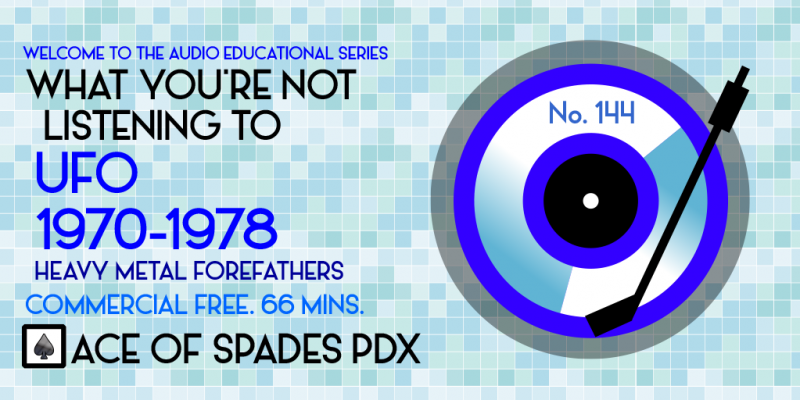Podcast: Play in new window | Download | Embed
Our second program for Rocktober features a band that achieved some mainstream success in the U.S., but remain a cult favorite and one of the most influential acts that would spawn not only the New Wave of British Heavy Metal but also the American Thrash Movement, English and German heavy rock/metal act UFO. #UFOband #heavymetal #hardrock #1970s #guitarrock
One of the hardest working bands of the 1970’s, UFO were a group that coulda/shoulda/woulda, especially considering they helped lay the foundation of the heavy metal explosion that would follow in the next decade. Named one of television channel VH1’s 100 greatest hard rocks acts in history, their eventual start as a boogie-based, blues-influenced space rock saw them through various line-ups until they literally invented the harder, sharper twin guitar attack that borrowed from the MC5 and became even more laser-focused.
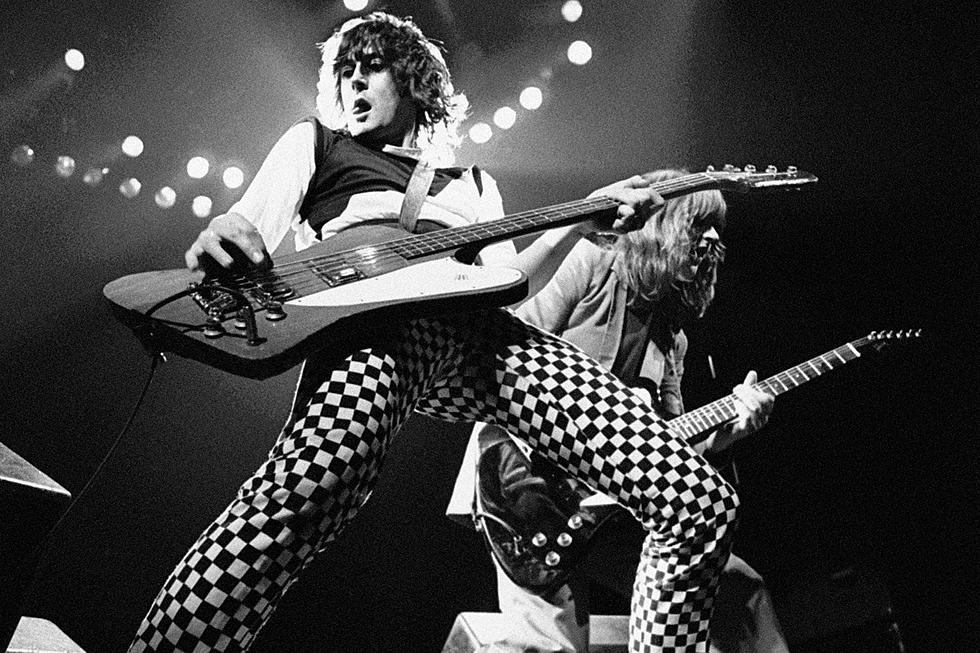
Their first two albums, Titled UFO1 in 1970 and UFO2 in 1971, saw them coming out of a heavier space rock genre of their contemporaries, such as Hawkwind. The key change in this band from London, consisting of the core band of drummer Andy Parker, bassist Pete Way and vocalist Phil Mogg, was the change in guitarists from Mick Bolton to Michael Schenker, an 18 year old guitar prodigy from Germany who happened to be in a group UFO toured with, The Scorpions.
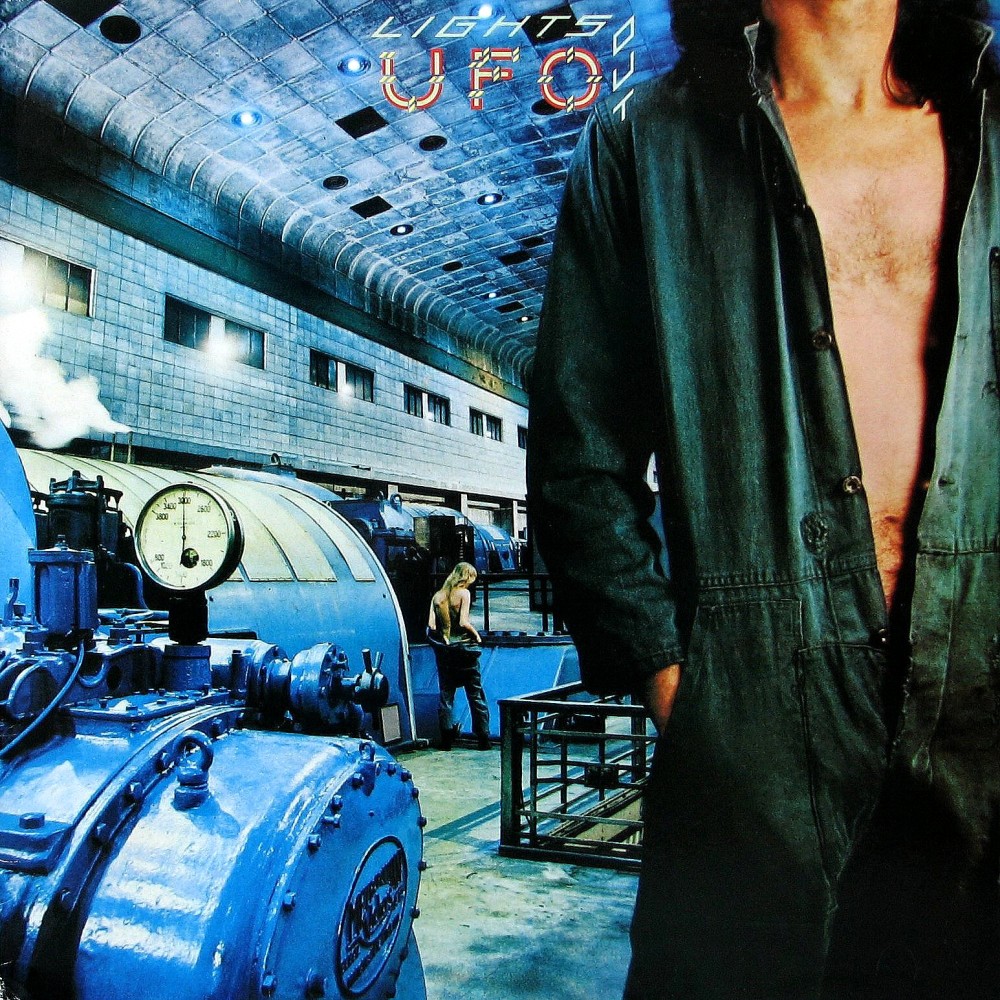
The band released new material annually and toured constantly, opening for a who’s-who of arena rock acts of the era, including KISS, Rush, AC/DC, Journey, Thin Lizzy among countless others. After steadily slowly building their fan base, they hit pay dirt with Lights Out in 1977, considered by critics to be their crowning achievement and remains their best-selling release, even scoring their only U.S. charting single, “Too Hot To Handle” that year.
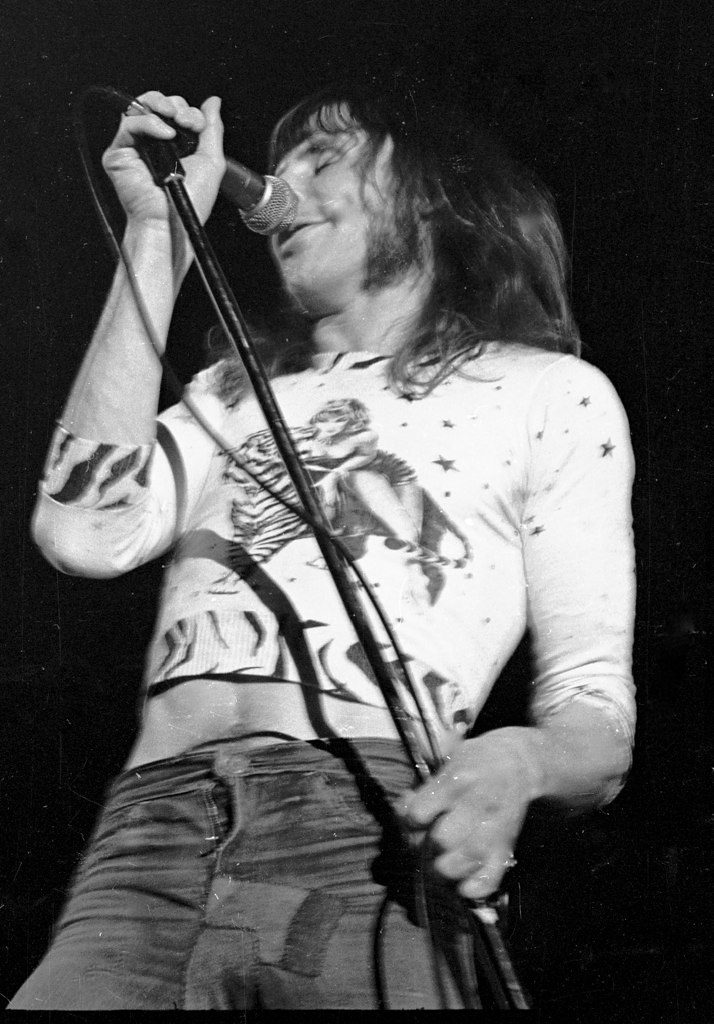
Sadly, infighting amongst the group, including Mogg’s constant belittling of Schenker’s very thick German dialect of English, caused the latter to leave as they scored their highest-charting release in the U.K. and another U.S. top 40 LP, the live Strangers In The Night in 1978. Schenker’s increasing alcohol intake during this time, while he battled with depression, also was a contributing factor.
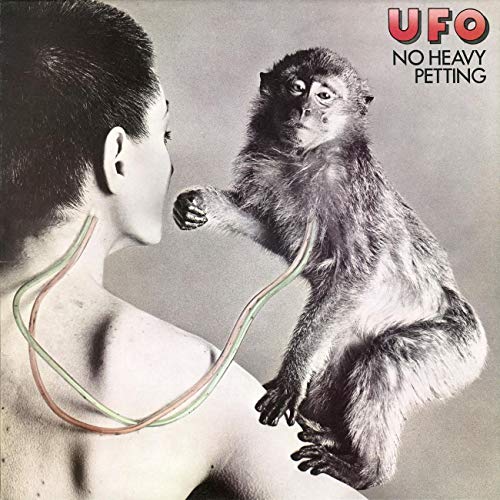
Schenker would briefly go back to The Scorpions for their breaktrhough U.S. release, Lovedrive, then go on to form MSG, The Michael Schenker Group, shortly after; Pete Way would play with Waysted, Fastway and Ozzy Osbourne, and died from injuries sustained in an accident in 2020. UFO still records and tours to this day, using a variety of line-ups, with even Schenker and Way returning to the fold a few years back for a type of “reunion” album. As one of the leading lights of 70’s Euro-Metal, UFO may not be household names, but much like in our last program about The Velvet Underground, made their mark in the countless acts influenced by them and spawned in their wake.
First Part
- Too Hot To Handle, 1977, Lights Out
- Rock Bottom, 1974, Phenomenon
- Prince Kajuku, 1971, UFO2: One Hour Space Rock
- Out in The Street, 1975, Force It
- C’mon Everybody (live), 1973, German television program Art
- Natural Thing, 1976, No Heavy Petting
- Lights Out, 1977, Lights Out
Second Part
- Doctor, Doctor, 1974, Phenomenon
- Pack It Up And Go, 1978, Obsession
- Reasons Love, 1976, No Heavy Petting
- Give Her The Gun, 1974, 45RPM single A-side
- Timothy, 1970, UFO1:Flying
Finale
- Love To Love, 1977, Lights Out
Love to you all.
Ben “Daddy Ben Bear” Brown Jr.
Host, Show Producer, Webmaster, Audio Engineer, Researcher, Videographer and Writer
Instagram: brownjr.ben
Twitter: @BenBrownJunior
LinkedIn: benbrownjunior
Design Site: aospdx.com
“Copyright Disclaimer Under Section 107 of the Copyright Act 1976, allowance is made for ‘fair use’ for purposes such as criticism, comment, news reporting, teaching, scholarship, and research. Fair use is a use permitted by copyright statute that might otherwise be infringing. Non-profit, educational or personal use tips the balance in favor of fair use.”
